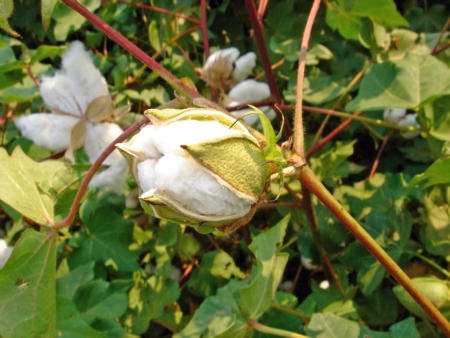Pest threats 'overblown'
The board agreed to revisit the 2008 regulation that prevents cotton growers from planting in the same field three years in a row if the level of verticillium wilt is detected in 3 percent or more of the crop.
Doug Munier, farm advisor for University of California Cooperative Extension, said verticillium dahliae exists in native valley soils and is spread by movement.
"Verticillium was a minor problem with cotton was first planted in the mid-1990s and it is still a minor problem after 17 years of production," he said.
New bee threat more media hype than reality
Wayne Anderson, The Washington Times
Government officials, leading bee experts and average beekeepers around the country say the strange discovery of a deadly bee parasite fly that makes honeybees act "zombie-like" is not seen nationwide — but only in a recently published San Francisco State University study. And some even question the veracity of the discovery itself.
The parasite fly is a long-time resident of California and a known nemesis to other bugs besides honeybees, the article said.
“They’ve been known to infest or parasitize bumblebees for some time all over the country,” said Eric Mussen, California State bee specialist and professor at the University of California, Davis. “It’s not new. We’re aware of it. I don’t believe it’s a terribly important thing to honeybees as a whole.”

